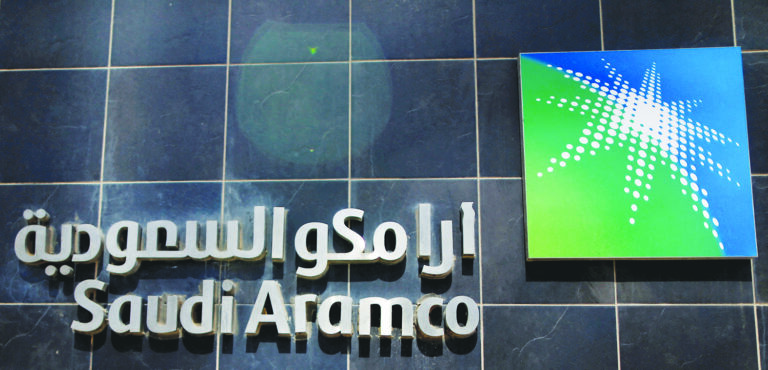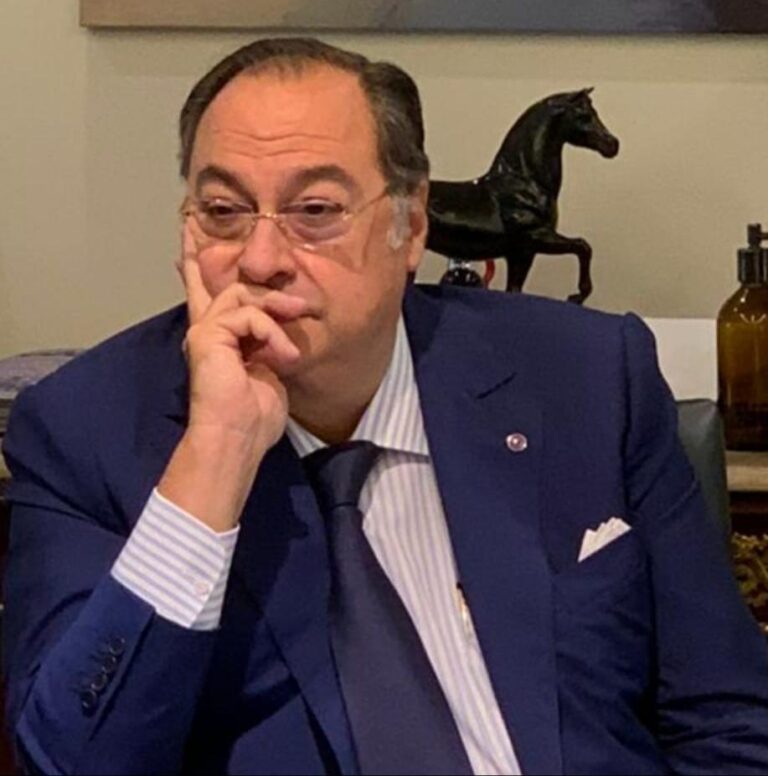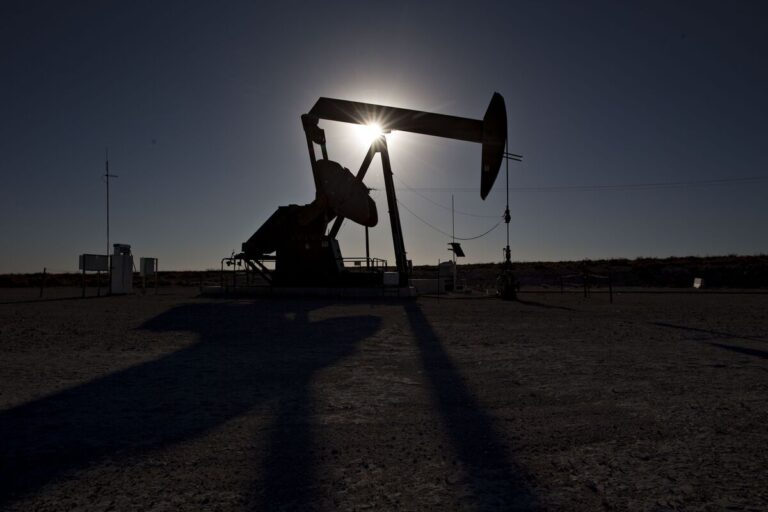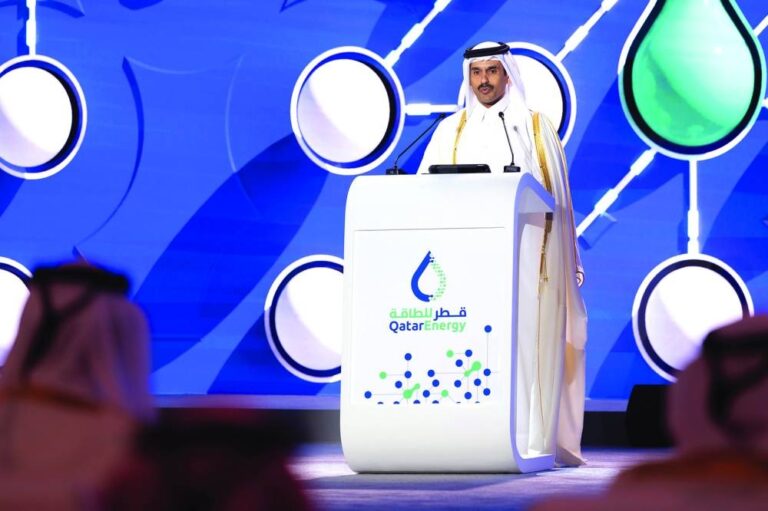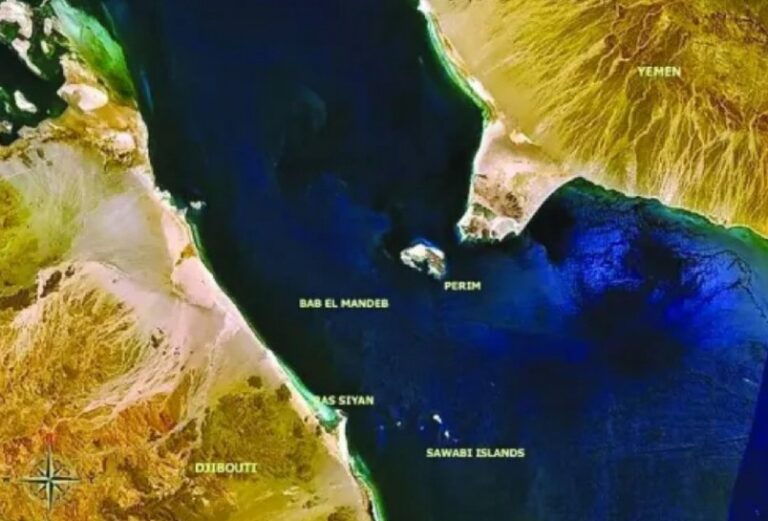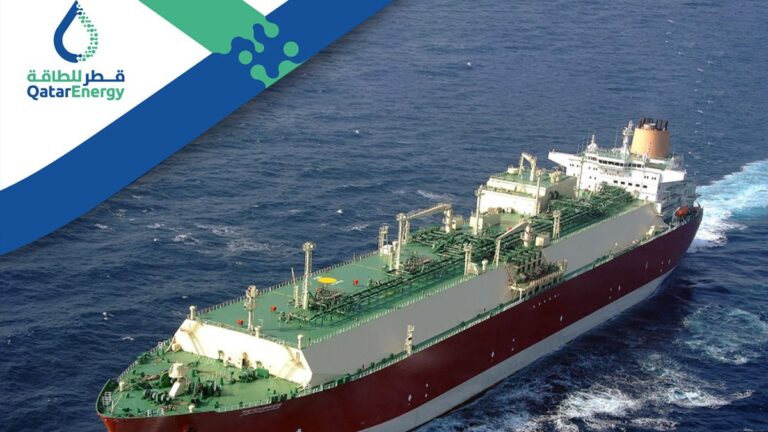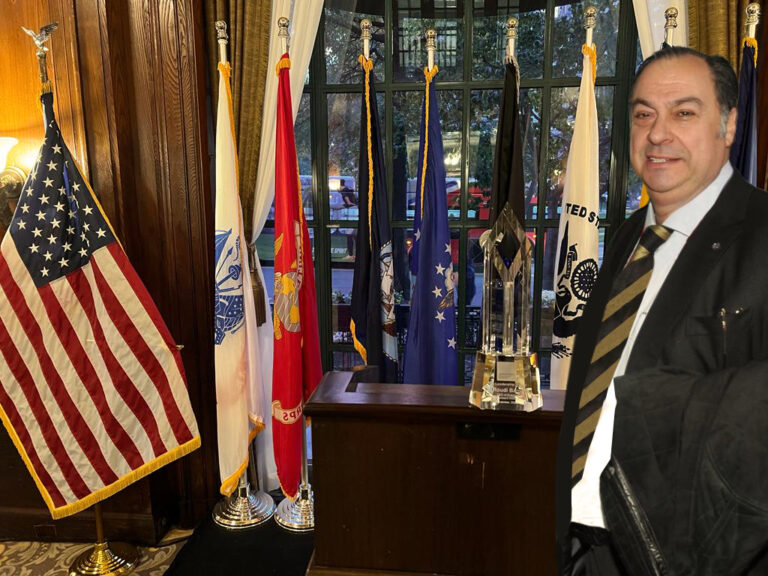DOHA/BEIRUT – By Myriam Balaa: Israel’s latest undersea gas find further demonstrates that Lebanon should be doing everything it can to pave the way for its own offshore oil and gas industry, specifically by settling its maritime boundaries with Cyprus and Syria, one of the region’s foremost authorities on energy development says.
In an interview following Greek/Israeli-owned Energean’s announcement of a second discovery in the Karish North Field adjacent to Lebanese waters, energy consultant Roudi Baroudi said the news was actually good for Lebanon.
“It’s no surprise that they found more. It just underscores what we’ve known for several years: we haven’t located all the resources tucked away beneath the seabed of the East Med, including deposits awaiting discovery off Lebanon’s coast,” said Baroudi, who has more than four decades of experience in the energy business. “The problem is that Lebanon’s ongoing political quagmire has caused significant delays in the development of the country’s nascent offshore hydrocarbon sector.”
Baroudi, who currently serves as CEO of Energy and Environment Holding, an independent consultancy based in Doha, Qatar, confirmed that the new find seemed to be located very close to the maritime boundary line (MBL) agreed to by Lebanon and Israel in October 2022. That agreement, reached after years-long mediation by the United States, was a “necessary step”, he explained, but “it alone has not been sufficient to fully activate Lebanon’s oil and gas industry.”
Asked how Beirut should proceed at this juncture, he stressed the importance of moving ahead with efforts to finalize Lebanon’s MBLs with Cyprus and Syria, “which would achieve full international recognition of Lebanon’s Excusive Economic Zone, thereby reducing the risk for the big energy companies whose assistance we need in order to fully explore and exploit our offshore resources.”
“We’ve already negotiated the different equidistance points for a completed MBL agreement with Cyprus, we just haven’t ratified it,” Baroudi explained. “That means we just have to adjust a few coordinates in order to set a trijunction point where the Lebanese, Cypriot, and Israeli MBLs intersect at sea. And setting that trijunction in the south will automatically simplify the process of setting another in the north for Lebanon-Cyprus-Syria”.
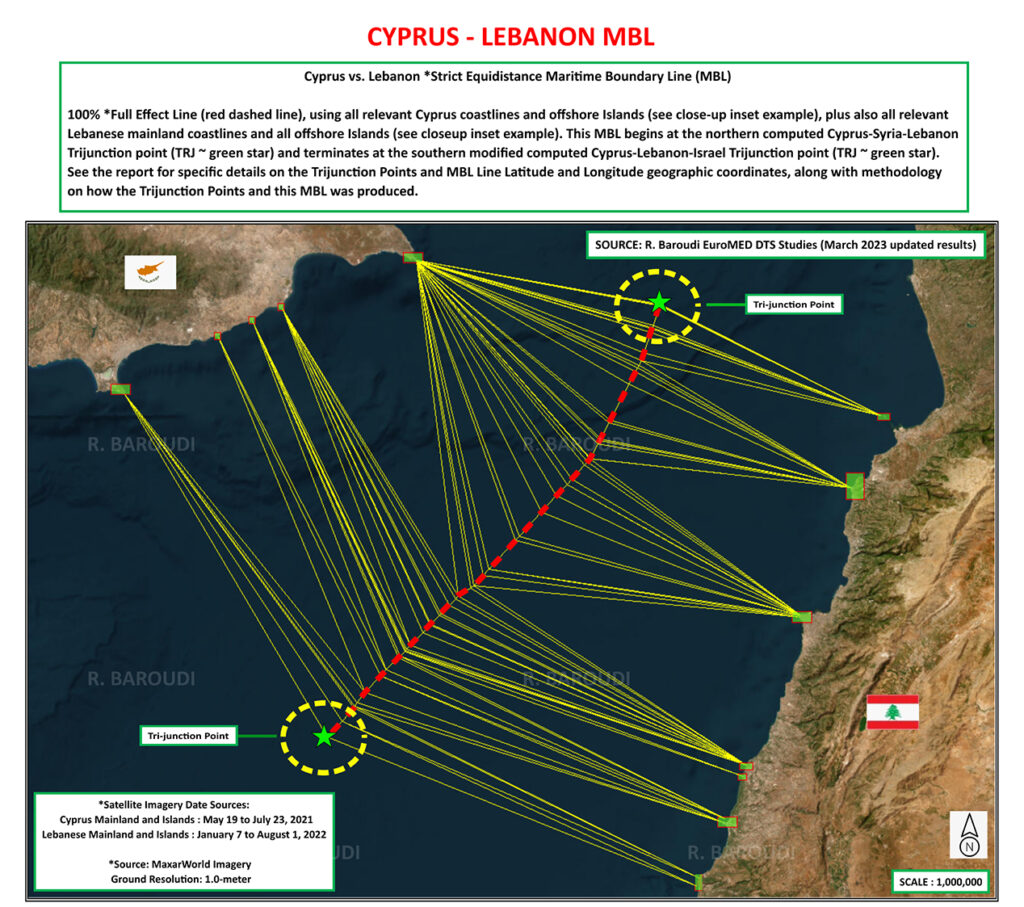
He also played down claims in some circles that a significant gap exists between the Lebanon-Cyprus line and the Cyprus-Israel line, making it more difficult to set a trijunction.
“There is a gap, of course, but it’s really quite small,” Baroudi told the reporters “The proof of this is in the delineation of the offshore blocks issued by both Lebanon and Cyprus about a decade ago. On all the international blocks maps of the area, even including the ones issued by the oil and gas companies, which focus on accurate portrayals of acreage, there is no overlap. In fact, virtually all of the line between Lebanese and Cypriot blocks precisely tracks almost a MBL line agreed which Nicosia and Beirut agreed to in the unratified agreement. The difference at the southern end of the trijunction point is very, very small.”
The smaller the gap, he explained, the easier it should be to finish defining Lebanon’s EEZ.
“Since the lines are so close, setting a trijunction – the point where the Lebanese, Cypriot, and Israeli boundaries intersect – should be relatively easy,” he said. “In addition, agreeing that trijunction in the south would automatically simplify the process of setting one in the north for Lebanon-Cyprus-Syria. And keep in mind: Lebanon has strong & friendly relations with both Cyprus and Syria, so these negotiations will be a lot friendlier than the ones with Israel, which had to be pursued indirectly via American mediation.”
When asked about how any new diplomatic efforts might be affected by the long-running political paralysis in Beirut, where the presidency has been vacant since late 2022 because rival parties in Parliament can’t agree on a successor to former President Michel Aoun, Baroudi said the quagmire only accentuated the need for action.
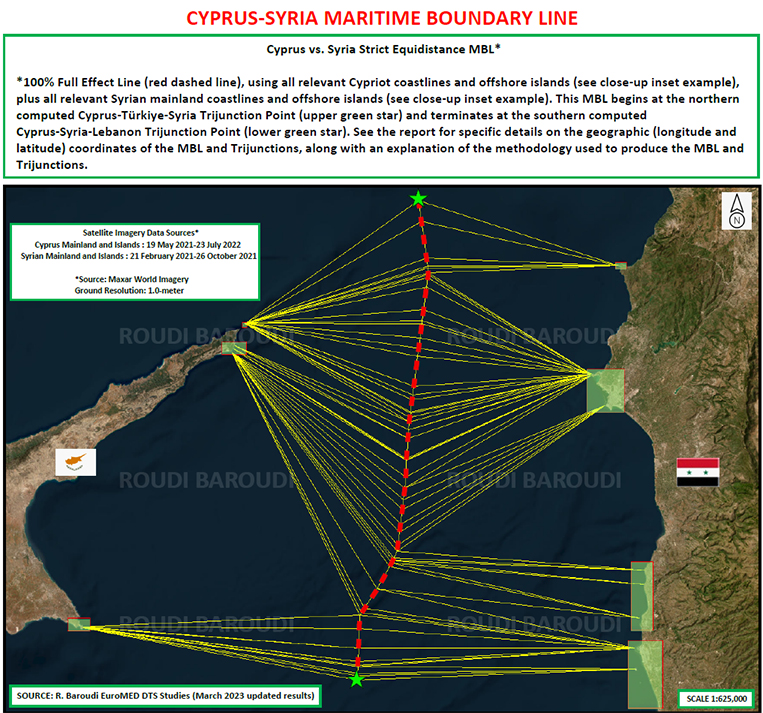
“Right now, Lebanon can’t officially ratify into a new MBL agreement with either Cyprus or Syria because it requires a presidential signature, but that doesn’t stop us from carrying out the necessary talks,” he said. “In fact, we should be rushing to get all of this settled now so that when we finally fill the vacancy at Baabda Palace, we’ll have everything ready for the new president’s signature.”
In addition to settling its maritime boundaries, Baroudi said Lebanon also had another reason to re-engage with neighboring countries.
“It’s been almost ten years since Cyprus proposed a unitization agreement (joint development agreement) with Lebanon for joint production from any deposits that straddle their shared MBL,” he recalled, “and the Lebanese paralysis has kept it from happening. We need to revive this process and get a deal in place. That way, again, once we have a president in office, we’ll be ready to hit the ground running, with no further delays, and start collecting the badly needed gas revenues”.
